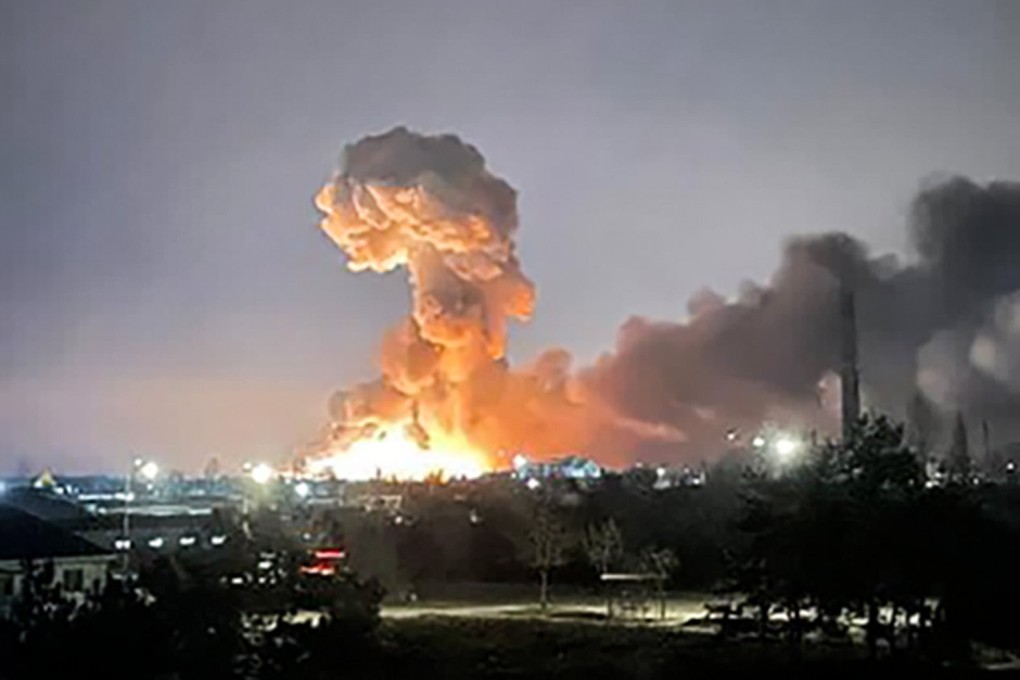Advertisement
Ukraine crisis: stock experts assess buying the dip or seeking protection as market risks mount
- Morgan Stanley, Amundi, RBC Wealth Management offer views on what to expect in coming days as the Russia-Ukraine conflict unfolds
- Hang Seng Index lost 6.5 per cent this week in the worst rout since March 2020
Reading Time:2 minutes
Why you can trust SCMP

Russia deployed its military in Ukraine this week, inflicting stock losses and spiking market volatility. The tensions added to a menu of worries for investors already trying to cope with policy tightening in the US and a slowdown in China.
The Hang Seng Index sank 6.5 per cent this week, a sell-off not seen since the depths of the pandemic in March 2020. Stocks in mainland China are in bear territory, having lost at least a fifth since the February 2021 peak.
Here’s what money managers and analysts are saying about the Ukraine conflict and the state of the equity markets.
Advertisement
Morgan Stanley: amplified risk premium for Chinese stocks
The conflict could inflate the risk premium for Chinese markets and push them closer to bear-case targets.
Advertisement
“China has considerable policy levers to pull in an adverse global growth scenario,” equity strategists led by Jonathan Garner wrote in a report on Thursday. “However, global investors may raise the risk premium on Chinese investments as a result of Russia’s actions.”
Advertisement
Select Voice
Select Speed
1.00x